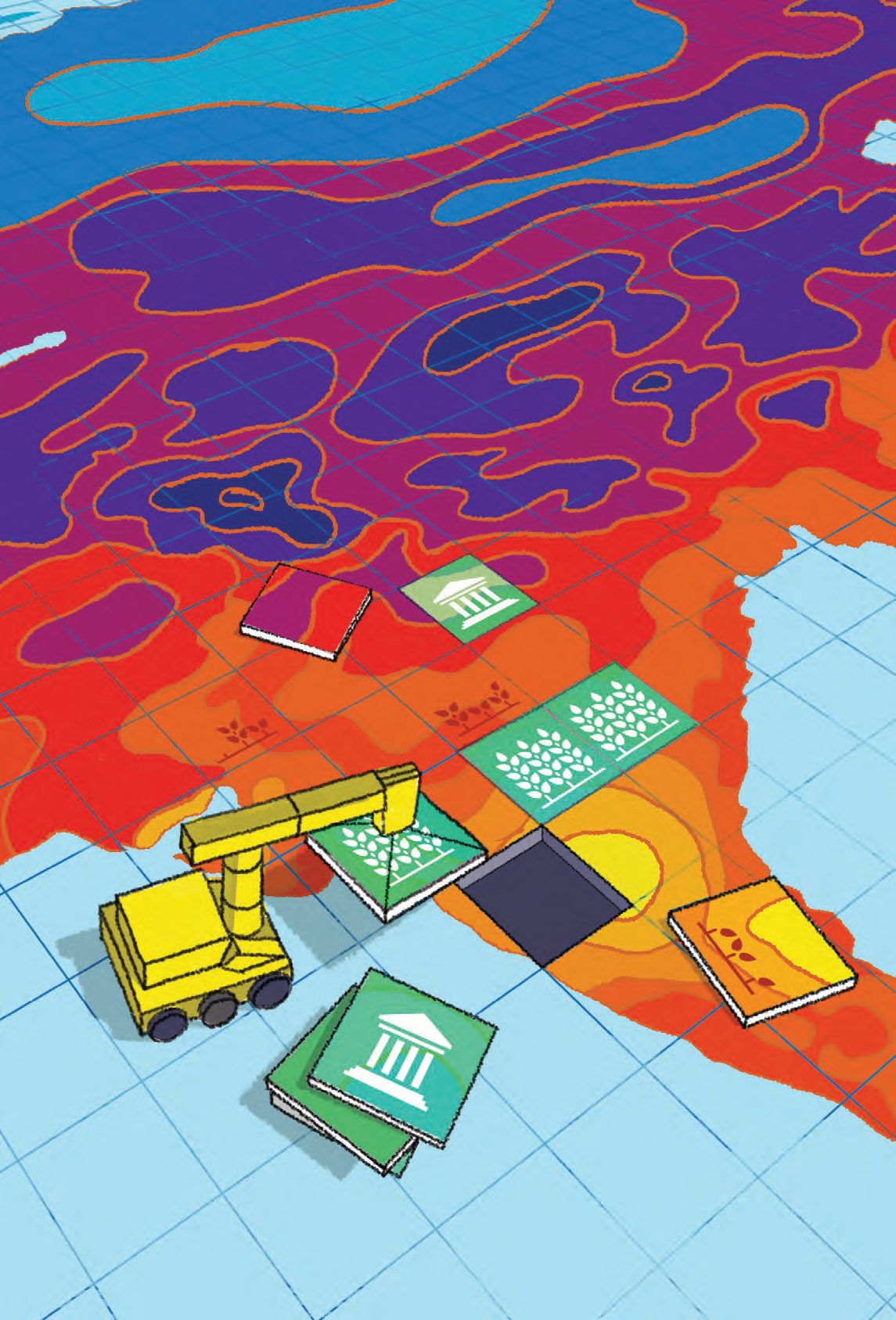Governmental, social, and household level responses to climate change must be undertaken despite substantial uncertainty about the location, intensity, frequency, and disruptive potential of many climate impacts and ongoing social transformations. At the same time, responses to climate change must occur in the context of policy systems, and political relations that are often highly unequal and resistant to change. It is precisely for these reasons that greater systematic knowledge of the constraints on human responses to this variability assumes critical importance. Historical and contemporary patterns of vulnerability and adaptation, in contrast to inferences derived mechanistically from projected future climate impacts, share a key characteristic with the kind of human responses that are desirable: they occurred in response to climatic phenomena as these were experienced in concrete social, economic, cultural, and political settings. In examining the ways in which responses to climate change are shaped by the context and lived experiences, three aspects need to be considered.
First, among scholars of rural development, diversity has long been viewed as a central determinant of livelihood security. At the unit level, be it households, firms, regions, or economic sectors, it is assumed that diverse income streams help to guard against the failure of any single source or productive activity, while a diversity of production strategies helps to ensure the integrity of production systems more generally. At the household level, this diversity is rooted in both the constraints and opportunities that different households face, structured by endowments of assets, access to natural resources, participation in commodity and labour markets, and benefits from a broad array of public assistance programmes, among other factors.
Second, responses to climate change are shaped by the multi-faceted ways that citizens encounter state institutions and the outcomes of these interactions for human welfare and development. A dominant strand of this scholarship has focused on the ways that citizens’ interactions with state institutions are mediated by a variety of social, political, and bureaucratic interlocutors. It also examines how these interactions are often governed by extra-constitutional forms of social power as much as (or more than) formal rights, entitlements, and stated policy goals. While these forms of informal ‘political mediation’ may provide crucial channels of access for citizens that lack the ability to interact with state institutions directly, they also often reinforce patterns of exclusion. These are uneven topographies of governance because they ‘bend’ differently around individuals of contrasting social, economic, and political positions and in relation to geographically-distributed centres of power. At the same time, these topographies are also constantly being reworked through new institutions, strategies of governance, and forms of political practice — a process which will continue through the reinvention of programmes and policies, through greater attention to climate risk and change.
Responses to climate change must occur in the context of policy systems and political relations that are often highly unequal and resistant to change.
Third, over the last two decades, the salience of technology, in proposals for mitigation of and adaptation to climate change, has increased exponentially. Ranging from the construction of sea walls and cloud seeding to biochar and mini-grids, technology has become enmeshed in debates around responses to climate change from household to global scales. Information and communication technologies, it is fervently believed, have the potential to improve bargaining power by providing access to market prices, provide a platform for building larger information networks, and improve access to specialised knowledge and resources. Technology has altered production strategies and networks or reconfigured patterns of exposure to climate risk — with implications for social relationships, economic opportunities, and the susceptibilities of those most vulnerable to climate change. And yet, despite this celebration of technology, there remains surprisingly limited social science research on the ways that these technologies are incorporated into livelihoods and the ways that they, in turn, alter the economic and life opportunities of their users (as well as their limitations in doing so).
Concrete human responses to climate change need greater scholarly and research attention. We present here a sample of new research insights that advance a deeper understanding of how such responses emerge in specific settings, as derived through sophisticated and polyvalent social science research. The crucible of responses to climate change – crafted by the multiple ways in which the past, the present, and the future overlap and interact – needs to be understood at different temporal and spatial scales of its contingent formation rather than being derived mechanistically purely through analysis of presumed climate impacts.








